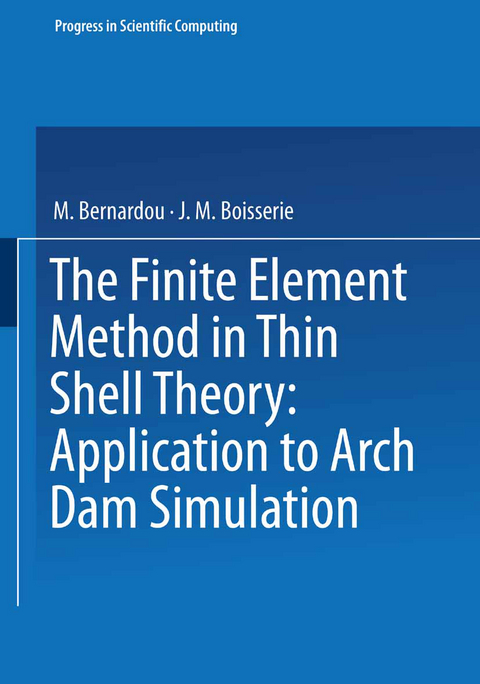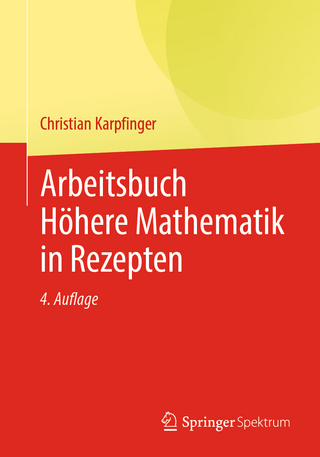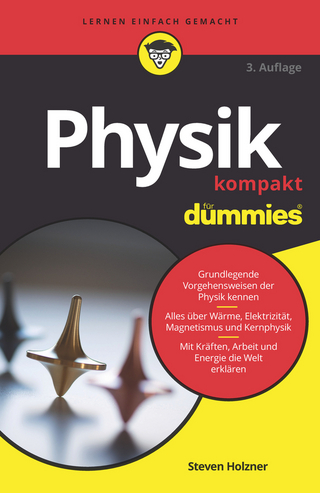
The Finite Element Method in Thin Shell Theory: Application to Arch Dam Simulations
Seiten
1982
Birkhauser Boston Inc (Verlag)
978-0-8176-3070-6 (ISBN)
Birkhauser Boston Inc (Verlag)
978-0-8176-3070-6 (ISBN)
~his Monograph has two objectives : to analyze a f inite e l e m en t m e th o d useful for solving a large class of t hi n shell prob l e ms, and to show in practice how to use this method to simulate an arch dam prob lem. By using a co nform ing fi nite e l e m ent me t hod , we associate a family of discrete problems to the continuous problem ;
~his Monograph has two objectives : to analyze a f inite e l e m en t m e th o d useful for solving a large class of t hi n shell prob l e ms, and to show in practice how to use this method to simulate an arch dam prob lem. The first objective is developed in Part I. We record the defi- tion of a general thin shell model corresponding to the W.T. KOlTER linear equations and we show the existence and the uniqueness for a solution. By using a co nform ing fi nite e l e m ent me t hod , we associate a family of discrete problems to the continuous problem ; prove the convergence of the method ; and obtain error estimates between exact and approximate solutions. We then describe the impl em enta t ion of some specific conforming methods. The second objective is developed in Part 2. It consists of applying these finite element methods in the case of a representative practical situation that is an arc h dam pro b le m. This kind of problem is still of great interest, since hydroelectric plants permit the rapid increase of electricity production during the day hours of heavy consumption. This regulation requires construction of new hydroelectric plants on suitable sites, as well as permanent control of existing dams that may be enlightened by numerical stress analysis .
~his Monograph has two objectives : to analyze a f inite e l e m en t m e th o d useful for solving a large class of t hi n shell prob l e ms, and to show in practice how to use this method to simulate an arch dam prob lem. The first objective is developed in Part I. We record the defi- tion of a general thin shell model corresponding to the W.T. KOlTER linear equations and we show the existence and the uniqueness for a solution. By using a co nform ing fi nite e l e m ent me t hod , we associate a family of discrete problems to the continuous problem ; prove the convergence of the method ; and obtain error estimates between exact and approximate solutions. We then describe the impl em enta t ion of some specific conforming methods. The second objective is developed in Part 2. It consists of applying these finite element methods in the case of a representative practical situation that is an arc h dam pro b le m. This kind of problem is still of great interest, since hydroelectric plants permit the rapid increase of electricity production during the day hours of heavy consumption. This regulation requires construction of new hydroelectric plants on suitable sites, as well as permanent control of existing dams that may be enlightened by numerical stress analysis .
I: Numerical Analysis of a Linear Thin Shell Model.- 1 — The Continuous Problem.- 2 — The Discrete Problem.- 3 — Implementation.- II: Application to Arch Dam Simulations.- 4 — Geometrical definition of the dam.- 5 — Variational formulation of the arch dam problem.- 6 — Implementation — Presentation of results.- 7 — Numerical experiments.- Glossary of symbols.
| Reihe/Serie | Progress in Scientific Computing ; 1 |
|---|---|
| Zusatzinfo | X, 199 p. |
| Verlagsort | Secaucus |
| Sprache | englisch |
| Maße | 178 x 254 mm |
| Themenwelt | Mathematik / Informatik ► Mathematik ► Algebra |
| Mathematik / Informatik ► Mathematik ► Analysis | |
| Mathematik / Informatik ► Mathematik ► Angewandte Mathematik | |
| Mathematik / Informatik ► Mathematik ► Arithmetik / Zahlentheorie | |
| Mathematik / Informatik ► Mathematik ► Wahrscheinlichkeit / Kombinatorik | |
| ISBN-10 | 0-8176-3070-8 / 0817630708 |
| ISBN-13 | 978-0-8176-3070-6 / 9780817630706 |
| Zustand | Neuware |
| Haben Sie eine Frage zum Produkt? |
Mehr entdecken
aus dem Bereich
aus dem Bereich
Buch | Softcover (2022)
Springer Spektrum (Verlag)
39,99 €


